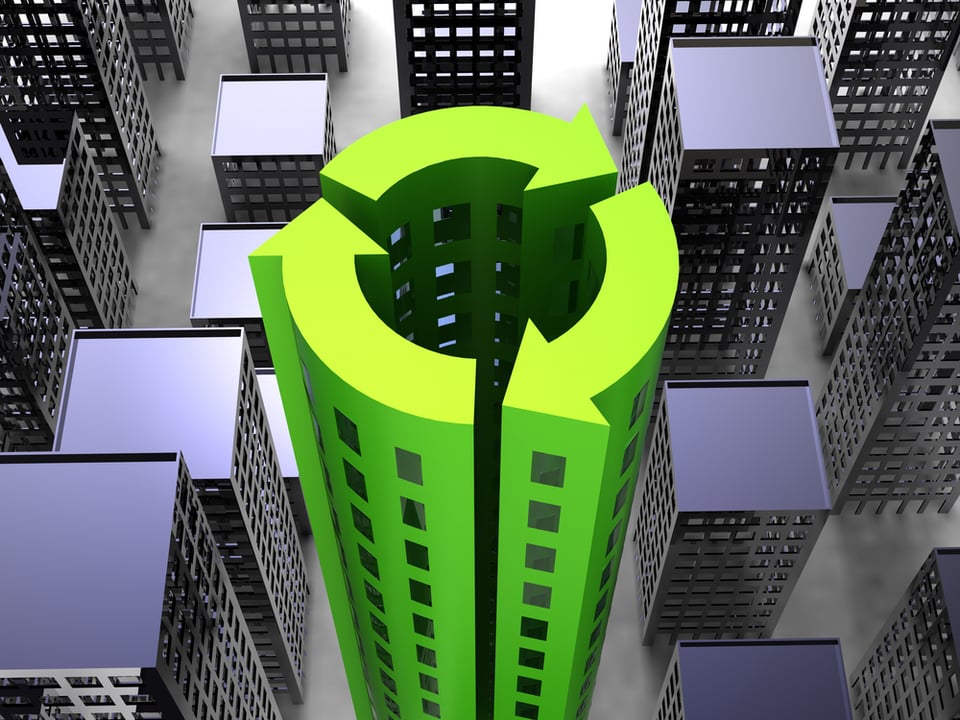How Digital Tech Will Help Hotels Stop Energy Waste
On average, guests spend less than eight hours per day in their rooms. Yet, guest rooms account for 40-80% of a hotel’s energy use. Why? Because most hotel rooms are not connected to an energy management system. When unoccupied, guest rooms are often left with heating, ventilation, air conditioning, lights, and other energy intensive devices on. However, it doesn’t have to be this way, explains Manish Kumar, SVP, Digital Buildings at Schneider Electric. Hotels can regulate their energy use via a Building Management System (BMS) and a Guest Room Management System (GRMS). In fact, a GRMS can not only help hotels reduce wasted energy, they can help management attain sustainability goals and improve guest comfort. To learn more about how these digital technologies can benefit hoteliers, HT spoke in depth with Kumar on hotel energy management.
How does a hotel’s energy management strategy impact the guest experience?
The first impact is their financial impact. A hotel consumes 2.5 times more energy than an office building because it is open 24/7, all year round. So, if an operator equips themselves with an energy management system, energy efficiency will improve and their expenses will go down as a result. Additionally, there are sustainability goals, which have become an important criterion for the new generation of hotel industry customers. A hotel that commits to using green energy and does not over-consume will improve its reputation among guests.
A sustainable energy management strategy goes hand in hand with the guest experience and their desire to protect the environment. An intelligent system should enhance the guest experience by giving them an opportunity for personalization according to their expectations and preferences. The temperature profile for example will allow the guest to be part of the initiative and feel confident about the hotel stay.
Utilizing data to improve the guest experience has always been a hotel practice, but in recent years, data collection software has made the practice more effective than ever. Are there digital solutions that provide a seamless data-integrated and energy management operation?
Today, Building Management Systems and Guest Room Management software can be fully integrated with systems used by hotel operators, such as the PMS and more. This makes it possible to anticipate bookings, personalize the welcome given to guests when they enter their rooms and guarantee their comfort. Some of these BMS and GRMS solutions can even collect and analyze the data that enables the hotel to make the right decisions and efficiently operate with a focus on cost, sustainability, and guest experience. These solutions, paired with effective open technologies, can tailor the guest experience to their personal profile and enhance the guest experience in brand new, innovative ways. From a device as small as one’s mobile phone, users can change aspects of their experience to the ways they see fit, like the type of room they want, lighting, blinds, temperature control settings, and much more.
What trends have you seen in the hotel space where the expansion of IoT devices and HVAC maintenance software have improved the overall architectural function of hotels?
In the new post-pandemic world, guests now expect that hotels will offer them safer ways to experience more comfort and convenience. To support this new reality many, hoteliers are investing in the new generation of hotel guest room management solutions. Guests have now the opportunity to use new automated hotel room controls like live chats with front desk staff from their smartphones, “touchless” operation of the in-room entertainment, room service and comfort control systems (lighting, temperature, and curtains) to enhance their experience.
The IoT enables real-time communication between the building and management to optimize and anticipate maintenance tasks for operational teams. Also, these systems enable accessibility and the analysis of energy consumption data for better management of expenses. On top of this is the capability to have a multi-site, or cluster, management approach through cloud-based solutions, improving the effectiveness of systems and providing remote services recommendations. It is becoming easier to manage operational costs and predict maintenance needs in advance of the guest experiencing or discovering an issue. Delivering predictive maintenance and services that meet guests’ expectations will be the new standard in the hotel market.
In 5 years, what will be the most noticeable differences between hotels who adopted sustainable digital solutions for their buildings versus hotels who didn’t?
Approximately 80% of the buildings that will be in use in 2050 already exist today, including hotels. The hotel industry needs to reduce its carbon emissions by 66% per room by 2030, and by 90% per room by 2050 to ensure that the growth forecast for the industry does not lead to a corresponding increase in carbon emissions.
Hotel industry stakeholders recognize that the marketplace has changed. Developers and hotel owners need to be aware that market expectations around a hotel’s carbon performance is changing rapidly. For leisure and business travelers, the green credentials of the hotels are becoming increasingly important. Guests now expect hotels to offer them safer ways to experience more comfort and convenience. To support this new reality, many hoteliers are investing in new generation hotel guest room management control solutions that revolutionize the way guests interact with their hotel surroundings.
Without hesitation, energy performance and customer comfort are top priority for hoteliers in the industry. Technologies are evolving in the right direction to enable establishments to become more sustainable and resilient. Connectivity will improve the guest experience through solutions that manage comfort and optimize loyalty. It's not just a trend; the hospitality industry is changing for the better by adopting level-headed, sustainable solutions that center the guest experience.
By developing and implementing zero carbon investment strategies, owners and operators have an opportunity to raise profit margins through energy savings, increase revenue by fulfilling customer preferences, safeguard asset value, improve operational resilience and reduce reputational and regulatory risk, whilst capitalizing on government incentives.







